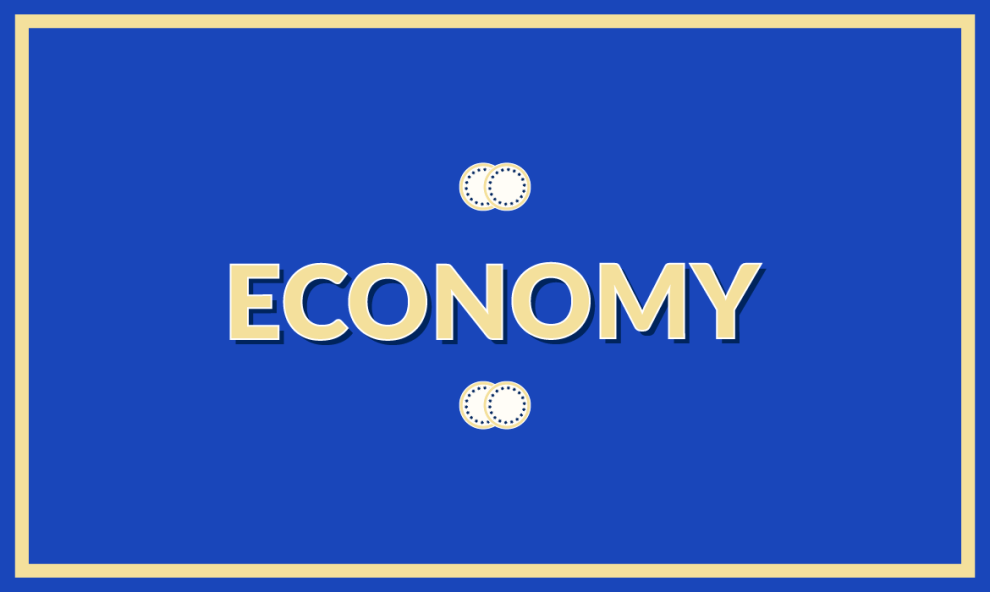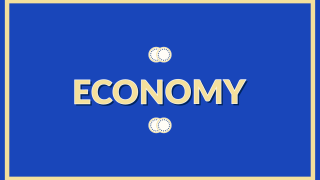In one of the great battles of history, at Cannae in southern Italy, Hannibal the Carthaginian general almost defeated the most powerful and disciplined army in history, the Roman legion. His army, stationed a few days from Rome, could have easily gone on to conquer the city, but Hannibal hesitated. At that, Maharbal, his best general and cavalry commander said: “Hannibal, you know how to achieve victory but you do not know how to use it.” In recent months, the same holds true for President Calderon.
The country is at an impasse that calls for decisive action. Yet our political establishment is paralyzed. Those in charge of deciding and acting are not doing so. Those who are responsible, given our system of separation of powers, of assessing and ratifying or changing the proposals put forth by the executive are going to great lengths to criticize what exists without providing any alternative susceptible of unlocking the current gridlock. The milieu we live in is full of great ideas and suggestions that none of those that are in a position of authority are prepared to push forward. Myths dominate and interests and privileges are the glue that keeps them together. No country can function like this.
A complex time for our economy such as this, both national and global, a time in which opportunities and threats to the country’s development are being forged, all we get from our politicians is constant bickering over the budget and the tax snafu that consumed the Legislature for months during last year. While the country needs answers geared towards the future, the perspective of our political leaders is rooted in the past: on what the country was but can no longer be.
Even though large resources were spent (e.g. at the beginning of this decade the governors consumed more than one hundred billion dollars of additional revenue due to high oil prices), very little of this has had a positive impact on the growth rate of the economy as a whole. Instead of investing in the future, our politicians -government and opposition, but most especially the governors- consumed our resources with unusual gluttony. They spend and waste, and the only aggrandizement they can show for is their own self image (and sometimes not even that). They have used government resources to promote themselves and not to improve people’s livelihoods.
The country urgently needs investment, the development of new engines of growth and a strategy that enables both. While the dream of promoting growth through credit and deficit spending is swarming the environment, the truth is that there is no alternative to private investment. Even if it were desirable for the country to go into debt, credit is not available in the amounts that would be needed to jump-start the economy. Moreover, deficit spending would mean more demand which, as we’ve seen over and over in the past decades, would quickly exhaust installed capacity, thus lead to more imports, which in turn would generate a currency crisis. In any case, the government –the current one and all since 1970– has shown a complete inability to generate growth through spending the public purse. Investment will come from the private sector or it won’t come at all.
Investment can come from two sources: from national capital and/or from abroad. The engines of growth can only result from two types of sources: large investment projects promoted by the government for private investors to develop; or those that might result from a new type of association with the new leading sectors of the U.S. economy, those that become successful from the ongoing structural transformation that the U.S. economy today. The strategy to make this possible should include three essential features: a) the open, active and determined promotion of private investment; b) the development of major infrastructure projects that generate domestic sources of demand, especially in the country’s poorest regions; and c) the organization and negotiation of a development agenda with the United States that opens up development opportunities and activates sectors and economic activities to satisfy the demand generated by the American economy. This could include health, education, transportation, technology, energy, and the whole regulatory apparatus required to implement this strategy. The opportunities are there. The question is whether we are willing to turn them into sources of growth, and that depends entirely on us.
As long as this does not happen, until we do not eradicate the myths and sources of permanent distrust and misunderstanding that paralyze us, we will have to limit ourselves to what we have and this, as we know well, does not yield positive results. There is no reason to expect that things will change by themselves, without a fundamental shift in the way our politicians think: ahead and towards the future. An anecdote recounts that when the president visited China he mentioned to the prime minister that our government was very interested in Chinese investment in Mexico. Smiling, and very gently, the prime minister replied: “…they always confuse us, Mr. President, we are Chinese. The kamikaze are Japanese…. ”
Nobody will invest in Mexico while we continue doing all that is needed to repudiate investment. Nobody will take us into account until we know what we want and the politicians succeed in bringing the people behind them. Nobody will see us as more than a lost cause until we are ready to build the scaffolding needed to focus towards development. As the anecdote illustrates, nobody is willing to invest where there are no opportunities, where taxes change daily, where insecurity, both physical and patrimonial, is so high, and where politicians live off the treasury without ever worrying about the country’s development.
If we want to get ourselves out of the rut we are in we must begin to break down the myths that paralyze us. For example, this would entail rethinking the energy issue (including, of course, oil) as a source of opportunity and not as a museum piece at the service of the union and inefficiency. It would also imply the need to begin privatizing government-held assets that do not contribute to national development. Above all, we have to acknowledge our own paralysis and the fact that it is not the fault of one person, as important as he or she may be, but of all the political interests that are more concerned about protecting privileges than making ours a viable country.
The start of a new year is always a good time to reflect and zero in our batteries, and this would be a good place to start.
Kamikaze






Comments